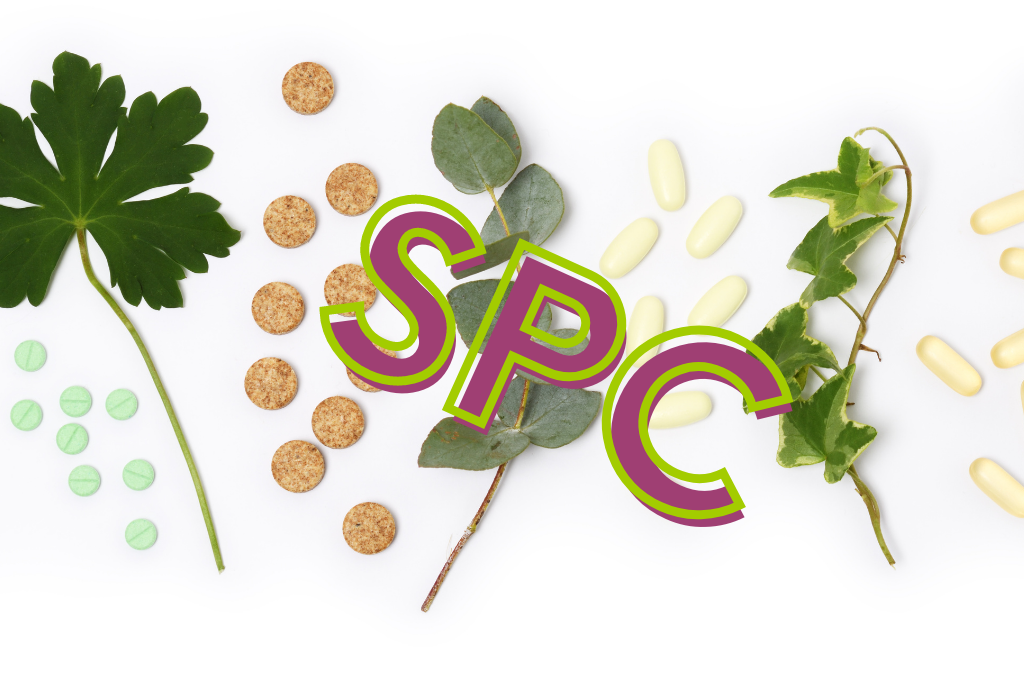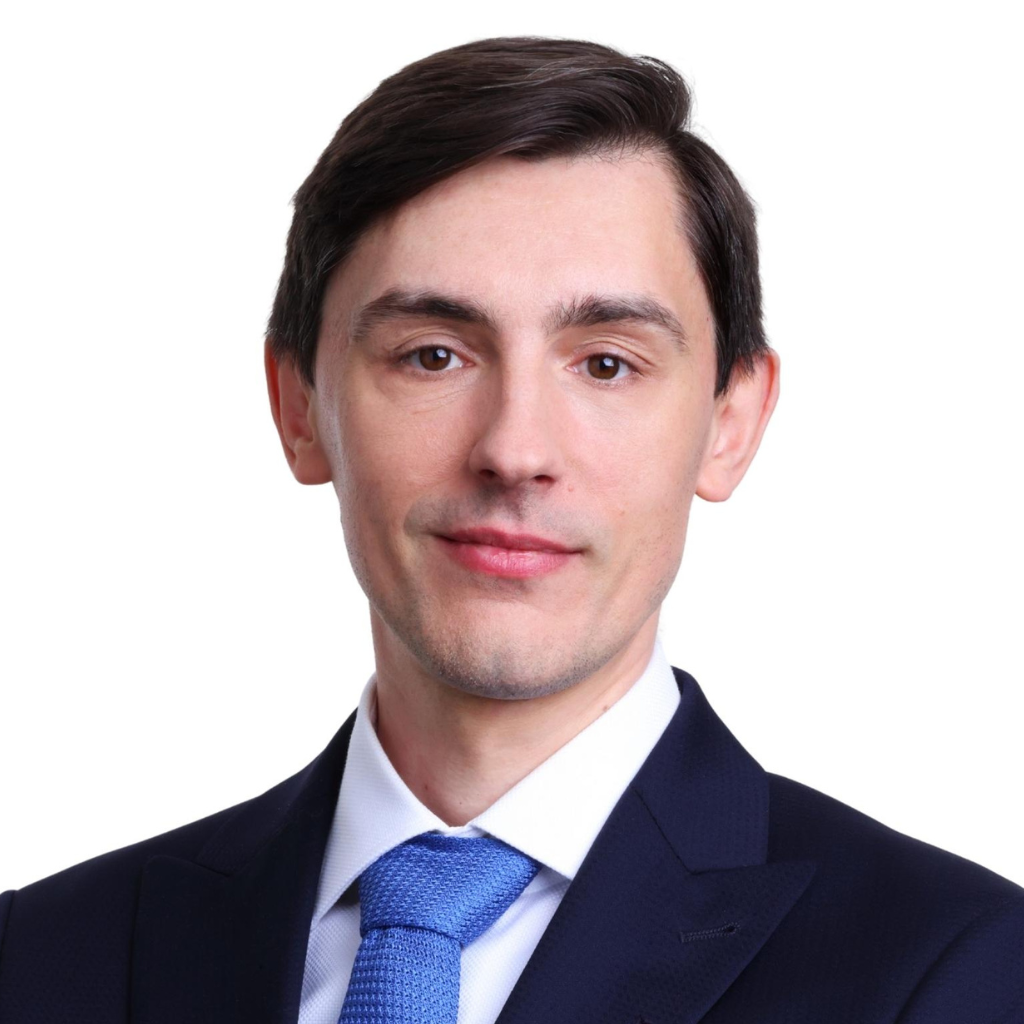The Supplementary Protection Certificate, SPC, is the possibility of obtaining additional legal protection for medicinal products and plant protection products manufactured according to the invention claimed by the basic patent and included in the first marketing authorisation. The time required to obtain all relevant marketing authorisations for a product does not allow to enjoy the monopoly for a statutory period of 20 years. The purpose of the SPC is therefore to provide the patent holder with a kind of compensation for the shortened waiting time for completing the formalities, namely the period of patent protection. The SPC does not extend the duration of the patent but provides some limited legal protection for the product protected by the basic patent upon expiry of the patent. Additional legal protection for the product may last for up to another five years.
Regulation No 469/2009 of the European Parliament and the Council of the European Union of 6 May 2009 concerning the supplementary protection certificate for medicinal products and Regulation No 1610/96 of 23 July 1996 concerning the creation of a supplementary protection certificate for plant protection products contain guidelines which must be complied with in order to obtain a supplementary protection certificate. The supplementary protection certificate is issued separately in each Patent Office of an EU Member State after submitting an application in which the Patent Holder demonstrates that: the product is protected by a basic patent remaining in force; a valid marketing authorisation for the medicinal product or a marketing authorisation for the product as a plant protection product has been issued; the product was not previously the subject of the certificate, and the authorisation is the first marketing authorisation for the product as a medicinal product or as a plant protection product.
While only one patent can be obtained for the solution disclosed there, it is possible to obtain more than one protection certificate for a particular basic patent. It all depends on what the subject of the granted patent is and how the scope of protection of the invention disclosed therein has been determined. However, it is crucial to understand the meaning of the term “product” indicated in the content of the cited regulations, and thus also the correct indication of the first marketing authorisation (MA).
In the case of medicinal products, according to Article 1 (b) of Regulation 469/2009, a “product” means an active ingredient or a mixture of active ingredients of a medicinal product. An additional substance which does not have any therapeutic effect on its own and is merely intended to obtain a new pharmaceutical form of the medicinal product is not covered by the concept of ‘active ingredient’, which would allow the definition of the concept of ‘product’. In other words, the new pharmaceutical form of the medicinal product does not indicate that we are dealing with a new product, although it is customary to define an object that is the object of trade and present on the market.
The term “product” refers to the active ingredient contained therein, and not to a new formulation or formulation containing the active ingredient claimed in the basic patent. The product within the meaning of the SPC is therefore not a new form of the drug, but only an active substance or a mixture of active substances for which a patent has been granted and which is covered by the MA. It also boils down to the fact that the development of a new formulation with the participation of the claimed product does not give grounds for considering that the MA obtained for the new formulation will be the first marketing authorisation for the product.
“In the light of the definition of the concept of a ‘product’ which follows from the Court’s settled case-law, the literal interpretation of Article 3 (d) of Regulation No 469/2009 presupposes that the first SPC of a product as a medicinal product within the meaning of that provision means the first SPC of a medicinal product containing the active ingredient or mixture of active ingredients in question.”
In reference to a preliminary ruling in Case C-443/17, the Court of Justice of the EU ruled in 2019 that:
“the term ‘product’ should be understood in the strict sense of the active substance and that minor modifications of a medicinal product, such as a new dosage regimen, the use of new salts or esters, or a different pharmaceutical form, even if it allows the active ingredient to exert a therapeutic effect with increased efficacy, may not result in the issuance of a new SPC”‘
Therefore, it is not possible to obtain a Supplementary Protection Certificate for a product that has already been the subject of a previous protection certificate or, in simple terms, when the active ingredient or the same combination of active substances, as such, has already been the subject of a previous SPC. This is due to the fact that substances without an independent therapeutic effect cannot constitute a novelty of the product, and therefore cannot constitute its innovation, thanks to which the product or active substance would deserve additional protection.
However, obtaining one SPC does not limit the possibility of obtaining supplementary protection certificates to the same basic patent. Whether it will be possible to obtain supplementary protection certificates will be determined by whether the new products targeted to the market are a combination of active substances, which active substances or combinations thereof have been reserved in the patent and whether no supplementary protection certificate has already been issued for them and whether a separate MA, Marketing Authorization has been issued.
However, it may be problematic to indicate this first marketing authorisation for plant protection products. This is because these are often combinations of active substances, as well as due to the interpretation of case law in the scope discussed by the Polish Patent Office. Recently, the Voivodship Administrative Court in Warsaw has ruled on whether a product containing two active substances included in a product composed of three active substances constitutes such a new product.
In its judgement VI SA/Wa 2718/21, the Provincial Administrative Court in April 2022 stated that the Polish Patent Office misinterpreted the ingredients included in plant protection products, as well as erroneously inferred from the CJEU judgements in question that “in the case of products constituting different combinations of active substances protected by the same basic patent remaining in force, previous authorizations issued for the marketing of a more complex product, thus constituting a combination of a larger number of active substances covered by the basic patent, is also the first authorization for subsequent products constituting other combinations of active substances covered by this basic patent”, thus excluding the possibility of obtaining a supplementary protection certificate for any new product.
Products differing in the composition of substances covered by the basic patent for which no SPC has been granted, even if the previous, more complex, product was the subject of the SPC, then subsequent products, even those less complex but containing substances covered by the basic patent should also be treated by the Polish Patent Office as new products and for such as subsequent, marketing authorisations should be indicated.



